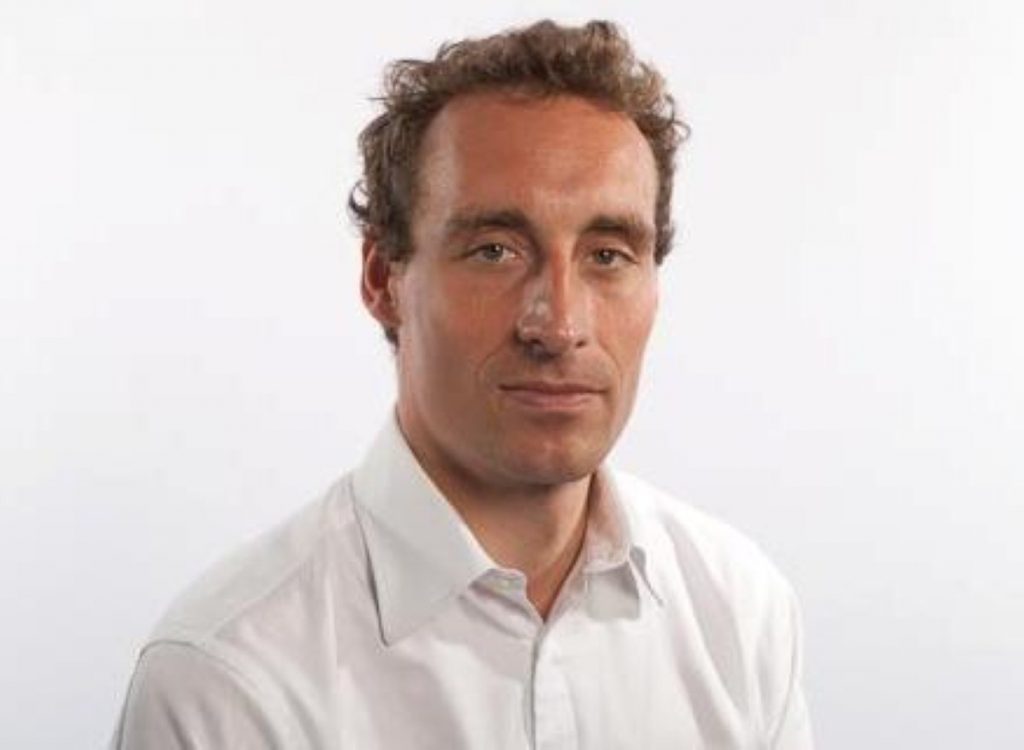Comment: Where next for NHS reform?
By David Skelton
For the first time in a political generation, at the 2010 general election, David Cameron and Andrew Lansley effectively neutralised the NHS as a political issue. A successful wooing of the professions, a promise of "no top-down reform" and a vow to ringfence health funding meant that the NHS, so often a Conservative Achilles heel, wasn't a dominant election issue.
The row over GP commissioning changed all of that. The NHS is back as a central political issue and the Conservative brand on health has been retoxified. The fallout from the proposed NHS reforms could also make it more difficult for necessary reforms to the NHS to be introduced and more difficult for the NHS to achieve efficiency savings.
One of the errors in the government's handling of the healthcare reforms was to use the language of the revolutionary, when the public wanted the language of reassurance (particularly when Conservatives talk about the NHS). Research for Lord Ashcroft found that people feel more positively about the National Health Service than any other aspect of British life.


In such an environment, voters did not expect to hear language of revolutionary change used about the NHS. Instead, the Conservatives should have done as much before the election as they did before to reassure the British people that the NHS was safe in their hands. GP commissioning could have been portrayed as a continuation of Blairite practice-based commissioning.
What does all of this mean for future NHS reforms? Is there a risk that the perceived climbdown will take the wind out of the sails of necessary NHS reforms?
The coalition faces substantial political and policy challenges over healthcare. Reform is imperative to enhance patient care but the mishandling of GP commissioning makes that reform more difficult to achieve.
At Policy Exchange, we maintain that the NHS must be more patient centric – increasing patient choice and reducing bureaucracy must be central in achieving that. Choice, competition and contestability within the NHS must be key drivers to improving patient care.
The emphasis on choice and competition must not be diluted in a clamour for a quieter life after the GP commissioning row. At the same time, the government has to continue with measures to deliver genuine integrated healthcare and take measures to improve public health.
The NHS also faces substantial cost challenges. It needs to achieve efficiency savings of around 4.5% a year by 2014/15 to achieve total savings of around £20 billion. At the same time, health inflation is outstripping inflation in the general economy – making the challenge of achieving unprecedented efficiencies even greater. Such savings require the NHS to be serious about improving productivity, cutting costs and scaling back bureaucracy, while maintaining the standard of patient care. The progress towards achieving this improved productivity cannot be slowed.
Policy Exchange will be hosting an event this lunchtime providing a showcase for three of the biggest beasts in the healthcare debate – Alan Milburn, Baroness Williams and Stephen Dorrell to discuss the future of the NHS. The coalition still needs to articulate its own vision for the future of the NHS, which introduces necessary reforms, whilst also reassuring the public that the NHS is safe in Tory hands.
David Skelton is deputy director and head of research at Policy Exchange. You can follow him on Twitter @djskelton
The opinions in politics.co.uk's Comment and Analysis section are those of the author and are no reflection of the views of the website or its owners.









